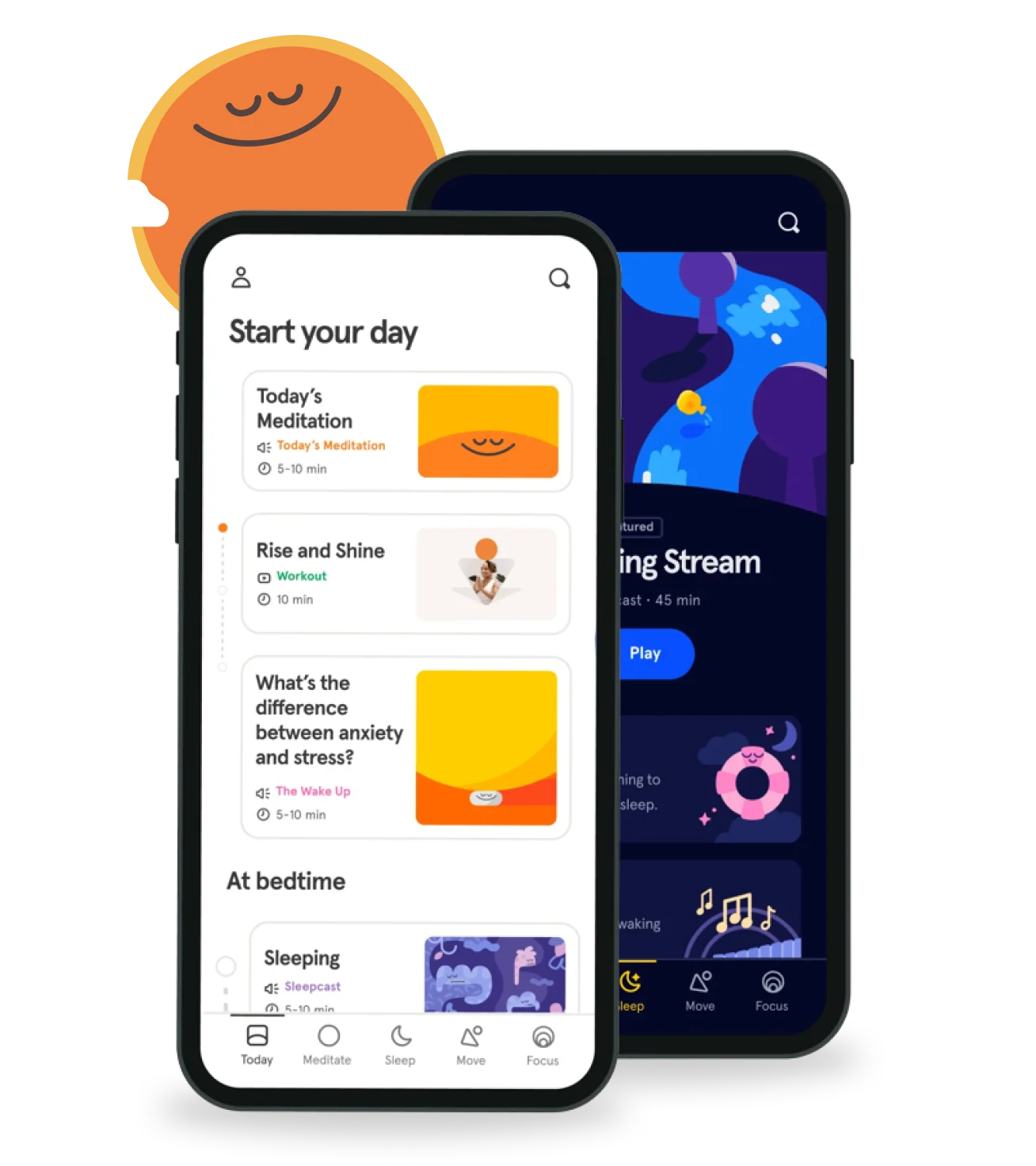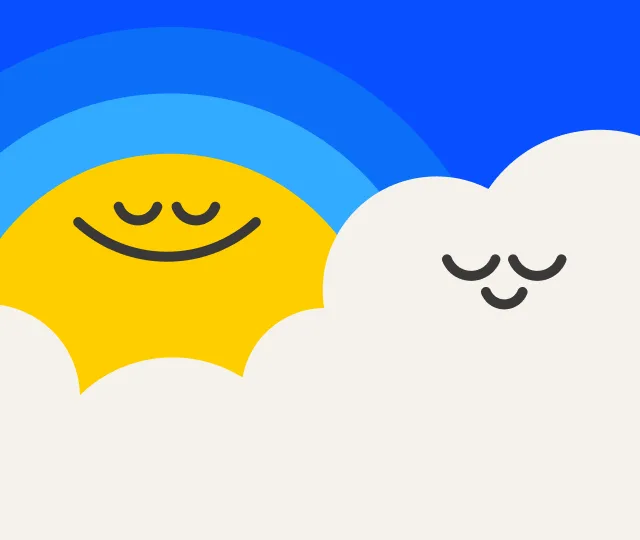Remembering vs experiencing
Dr. Claudia A.
Imagine you are planning a perfect vacation. Where would you go? What outfits would you bring? What type of camera would you use? Which accommodations and restaurants would you choose? Now, what if at the end of your glorious vacation, you were to have your memory erased and all your pictures and memorabilia confiscated. Would you pick the same vacation?
In this article
Daniel Kahneman, Nobel prize-winning founder of behavioral economics posed this thought experiment at his recent TED talk. It's a very intriguing question that raises the notion of a dual self: the self that lives in the present moment, and self that is obscured in memory or imagination. It also presents an interesting question: are we capturing memories or are we purposefully designing them? There’s talk of the "Instagram Generation," those born after 1980 who, in posting perfectly posed pictures with the right amount of nostalgic filtering, are in fact architects of their future memories. It seems that even as we plan something, we are simultaneously anticipating the memories we expect to get out of it. Whether it’s polaroids from the '70s or social media today, the way we choose to capture memories is in line with how our sense of self fits into the spectrum of present, past, and future.

Experiencing vs. remembering
According to Kahneman, we have two selves: the experiencing self and the remembering self. The experiencing self knows only the present moment. The remembering self is a storyteller (“that was a good hike”; “that was a bad flight”), and it can dictate our actions when we think of the future as an anticipated memory (“that will be a fun trip”).
Pixar’s Inside Out has a clever way of illustrating how our experience of the past can be colored by emotion. The character Sadness can turn memory balls blue just by touching them, forever giving them a sad or negative emotional valence. It’s not to say the experience itself was bad, but when Sadness gets to it, she changes how it is remembered. Similarly, while we plan our vacations in service of our remembering self, the joy we derive from them (in retrospect) is also governed by the remembering self.
"We tend to remember the dangers and rewards of life rather than the familiar."

The moment
Why the emphasis on stories and memories? In the end, that’s all we keep from life. The stories we remember are changes, significant moments and beginnings or endings. All of the in-between is lost to time. The mundane experiences are swept away by the brain to make room for new and potentially interesting memories. In fact, it makes evolutionary sense. We tend to remember the dangers and rewards of life rather than the familiar. This is why unchanging environments tend to make our memory blur, and why summers can seem to last forever in childhood.
How long is a moment? In psychology, it’s estimated that a moment may last up to three seconds. To put it into perspective, that means we experience roughly 20,000 moments in a waking day, with at least 500 million moments by the time we reach our 70th birthday. Any single moment can provide satisfaction, but it does not equal a general sense of happiness. If you lose your luggage at the end of your trip, you might remember the entire trip as more negative than it was. As we plan or enjoy our vacation, we can minimize the disappointment we feel when the reality doesn’t live up to our expectations by letting go of expectations—and allowing the present self to simply enjoy the experience.


Be kind to your mind
- Access the full library of 500+ meditations on everything from stress, to resilience, to compassion
- Put your mind to bed with sleep sounds, music, and wind-down exercises
- Make mindfulness a part of your daily routine with tension-releasing workouts, relaxing yoga, Focus music playlists, and more
Annual - billed at $69.99 USD/yr
14 days free
$5.83 USD/month
Monthly
7 days free
$12.99 USD/month

Meditation and mindfulness for any mind, any mood, any goal
- © 2024 Headspace Inc.
- Terms & conditions
- Privacy policy
- Consumer Health Data
- Your privacy choices
- CA Privacy Notice








